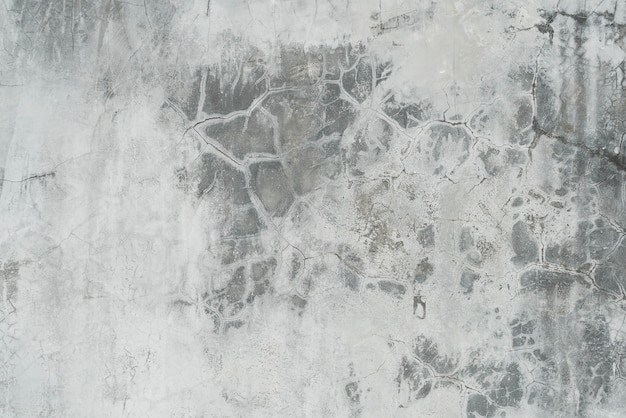

We lose what Bloch identifies as the novum-the unexpectedly new, which pushes humanity out of its present towards the not yet realized. Present time for Bloch is provincial and empty, and if humanity becomes too much taken with the present, we lose the possibility of imagining a radically other future-we lose the ability to hope.

These are moments when "objective-real possibilities are acted out, if only for a while, and existing actuality is surrounded with tremendous latency, the times when the `potency of human hope' links up with the potentiality within the world." 3 For Bloch, concrete utopia is bound up with dialectical materialism it prevents the discarding of the visions of the goals ahead and calls for the living out of those visions. Concrete utopias are points in history where "utopian possibilities are established in the concreteness and openness of the material of history." Examples are the Peasants' Revolt, the French Revolution, the Paris Commune, the October Revolution, and the evenements of May-June 1968 in Paris. To be sure, the "concrete utopia" is the most privileged bearer of the future for Bloch. He traces the unknown path of the future in fables, fairy tales, religion, and literary utopias, and in historical events. What interests Bloch is not so much what is or what has been, but rather the "latency of being to come at work," the "figures of hope" with foreshadow the human potential. If human beings have grasped themselves and what is theirs, without depersonalization and alienation, founded in real democracy, then something comes into being in the world that shines into everyone's childhood and where no one has yet been-home. The root of history, however, is the human being, working, producing, reforming, and surpassing the givens around him or her.

The real genesis is not at the beginning, but at the end, and it only begins when society and existence become radical, that is, grasp themselves at the root. Humankind still lives in prehistory everywhere, indeed everything awaits the creation of the world as a genuine one. His major work, Hope, the Principle, has been described as a "vast and disorderly exploration of the manifestations of hope on all levels of reality." 1 Bloch's project was to show the steady and often imperceptible tending of human history towards Utopia, towards the fulfillment of humanity in the not yet realized future, when humanity could stand erect and be at home for the first time: Ernst Bloch stands at the center of a radical discussion of utopia, for the lifelong project of this philosopher was the determination of the possibility of humanity's changing its world and becoming the maker of its own history. The Locus of Hope Utopia Versus Ideologyġ. Tom Moylan: "The Locus of Hope" Science Fiction Studies


 0 kommentar(er)
0 kommentar(er)
